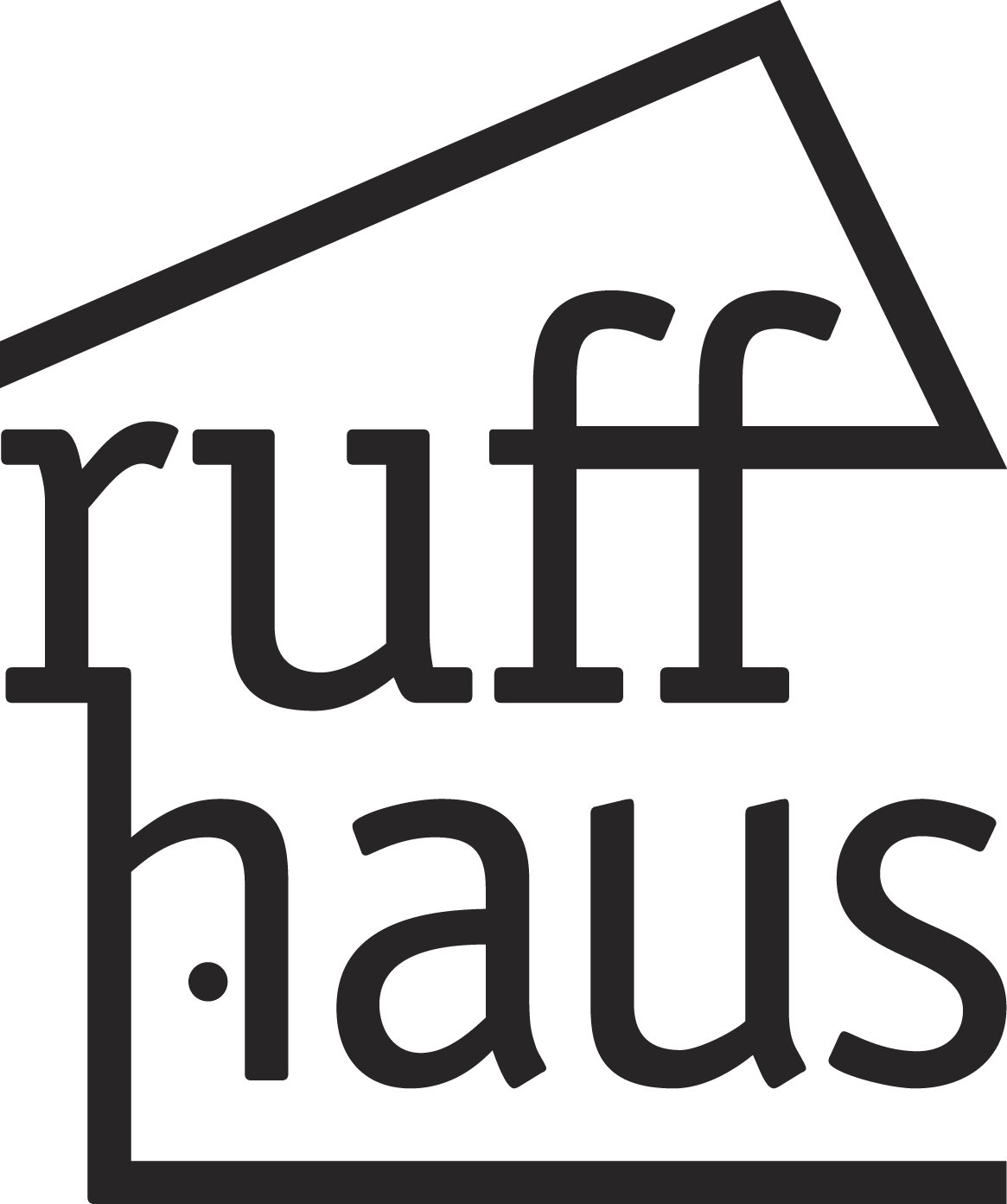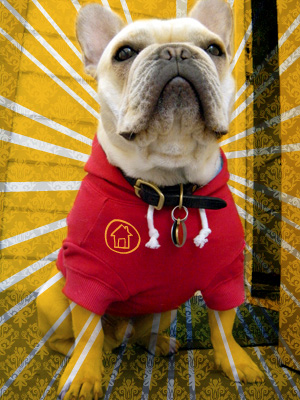No matter how your company focuses on selling–a traditional storefront, door-to-door sales, or exclusively online–using an animal mascot to make your marketing stand apart from the rest can be seriously advantageous. Picking the right mascot can make your brand easily identifiable and can be immensely captivating to your target market, but choosing the wrong one will do little to help you attract and retain new customers.
In terms of likeability and overall effectiveness of your company mascot, it's no doubt a challenge to create and trademark both a catchy and memorable "face" of your business. While symbols and logos are thought of as mainstays of marketing, mascots are far less common–thus they have the potential to be remembered (and loved) more easily. This is not to say that a mascot should replace a logo. Instead, they will likely support one another.
So, how do you find the perfect mascot to represent your company? You don't–it finds you.
I know, I know, that sounds a little too much like a bad tagline from some cheesy horror film, but there is some truth to it. If your business has a defined niche, a unique core message and a clear value to offer in the marketplace, then identifying its best "spokescreature" canbe a walk in the park (with heavy emphasis on can be). But if your business is lacking any of these aforementioned features, which ultimately translate to individuality and success in the sales world, then a mascot may not be what you're looking for just yet.
The Process
Choosing the perfect mascot is a big decision to make after all, and it shouldn't be taken lightly. So, consider one or all of the following suggestions:
- An interview questionnaire–in-store or using social media–to gauge a response from the people by asking what comes to mind when they think of your company.
- Complete a company brainstorm session, where all of the minds behind the business come together for the sole purpose of bouncing mascot ideas around. Ask yourself, "Is this a long-term solution I can build my brand around? Should the mascot be realistic or cartoon-like?" Be sure to think it through completely and weigh all the pros and cons.
- Seek marketing professionals and mascot designers to create a distinct character that appeals to the emotions and desires of the target market, while simultaneously representing the nature of your individual business.
And if all else fails, just let it simmer. Look at the Travelocity Gnome, the Michelin Man, or Ronald McDonald and think to yourself, "Why do these mascots work so well? Maybe I don't need an animal mascot, but instead something entirely different!"
In terms of marketing and psychology, reflect on the views of Stephen Brown, a marketing professor at the University of Ulster. He claims that the overall success of a brand mascot is related to how distant the mascot character is from human beings. He believes that fictional human characters are the most popular business mascots, and that animal representatives are more successful when they possess human-like faces. This, however, is merely an opinion and certainly not set in stone. At Ruff Haus, for instance, real dogs are the face of the company, and our customers really identify with them. They draw animal lovers to us, so we find ourselves with clients we get along with really well.
With all that said, choosing the mascot is only half the battle. Choosing the right designer to bring your ideas–and the mascot's essence_to life is just as important as what the mascot actually is, if not more so. This step may take longer than any of the other steps, because it has got to be just right.
Have a Pawsitively Tail Waggin' Good Day!
P.S. This information was provided by Ruff Haus Design - Your Loyal Marketing Companion. Established in 1997, we are a special breed of full service graphic design company that works with a premier pack of clients. We bring a fresh outlook and tail-wagging enthusiasm to your marketing program.

